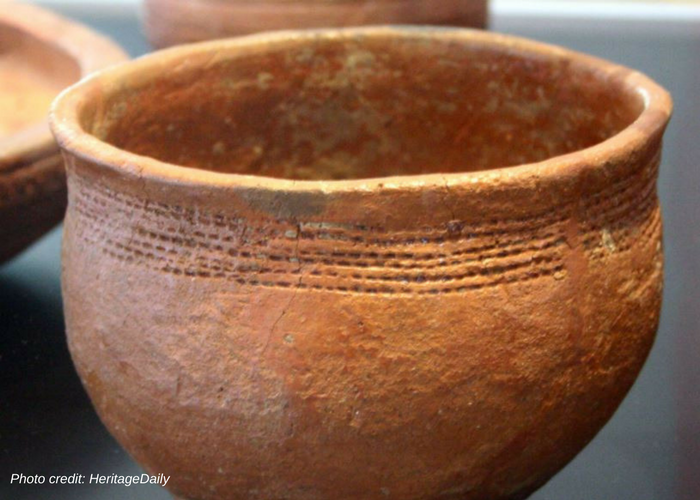The amount of knowledge we have amassed about the history and movement of man really is incredible, and we only have this knowledge because of the painstaking ancestry research done over recent generations by dedicated academics, archaeologists, geneticists, and historians. There are a number of ancestry tests now available that can tell us so much about our genetic makeup, and as our scientific capabilities have grown, we have been able to establish definitively what may once have been simply a theory. One of these theories about a group called the Beaker folk seems to have finally been established in fact, after a huge international effort by several hundred scientists, archaeologists, and a number of expert labs in this field.
Putting Together the Pieces of this Ancestry Mystery
What is truly remarkable is that until recently, the actual existence of the Beaker folk—who so fundamentally changed the genetic landscape of Britain—was in question. As their name suggests, the Beaker people used clay drinking-cups with a flared lip. These cups were discovered in burial sites across central Europe and east into the Steppes, but archaeologists could not agree if the cup was a widespread fashion that had developed thanks to trade movement or if the cups were specific to a culture and found in various places due to the migration of the people who used them.
In the largest study of its kind, we now know that the Beaker people arrived in Britain around four and a half thousand years ago and introduced their unique pottery, customs, and burial practices. DNA testing of over 400 ancient skeletons from all over Europe has not only confirmed the existence of the Beaker people as a distinct group, but has also revealed that they migrated en masse in a westerly direction across Europe and into the UK. In fact, they all but displaced the people living here before their arrival.
How the Beaker Folk Affect Modern Britons’ Genetics
Here is the truly amazing part. Ian Barnes, a geneticist at the Natural History Museum explained: “At least 90% of the ancestry of Britons was replaced by a group from the continent. Following the Beaker spread, there was a population in Britain that for the first time had ancestry and skin and eye pigmentation similar to the majority of Britons today.”
What this study has revealed is that the people buried with the beakers did not have the same DNA as those who lived prior to the arrival of these new people. So really, the Beaker folk almost completely changed us into the people we are today.
Mysteries about Beaker Folk Still Remain
What remains a mystery is where the Beaker people came from and what happened to the people they displaced. The belief is that the change in population probably did not come as a result of aggressive invasion. Rather, it was probably more a case of one population replacing another as the first declined. This may have been due to disease or natural movement. In time, no doubt this puzzle will be solved.
This is a perfect illustration of how much there is still to learn about our ancestors and how we became the people we are today. Just as we are not exactly the same as our ancestors, neither shall future generations be exactly like us. But we are linked by a colourful and complex history and—of course more importantly—our genes. We actually know a great deal about our genetic origins through lineage testing, studies of modern population groups and so on; now we just need to fill in the spaces so that we know how the individuals that we inherited these genes from came to be in a particular place at a specific time.

